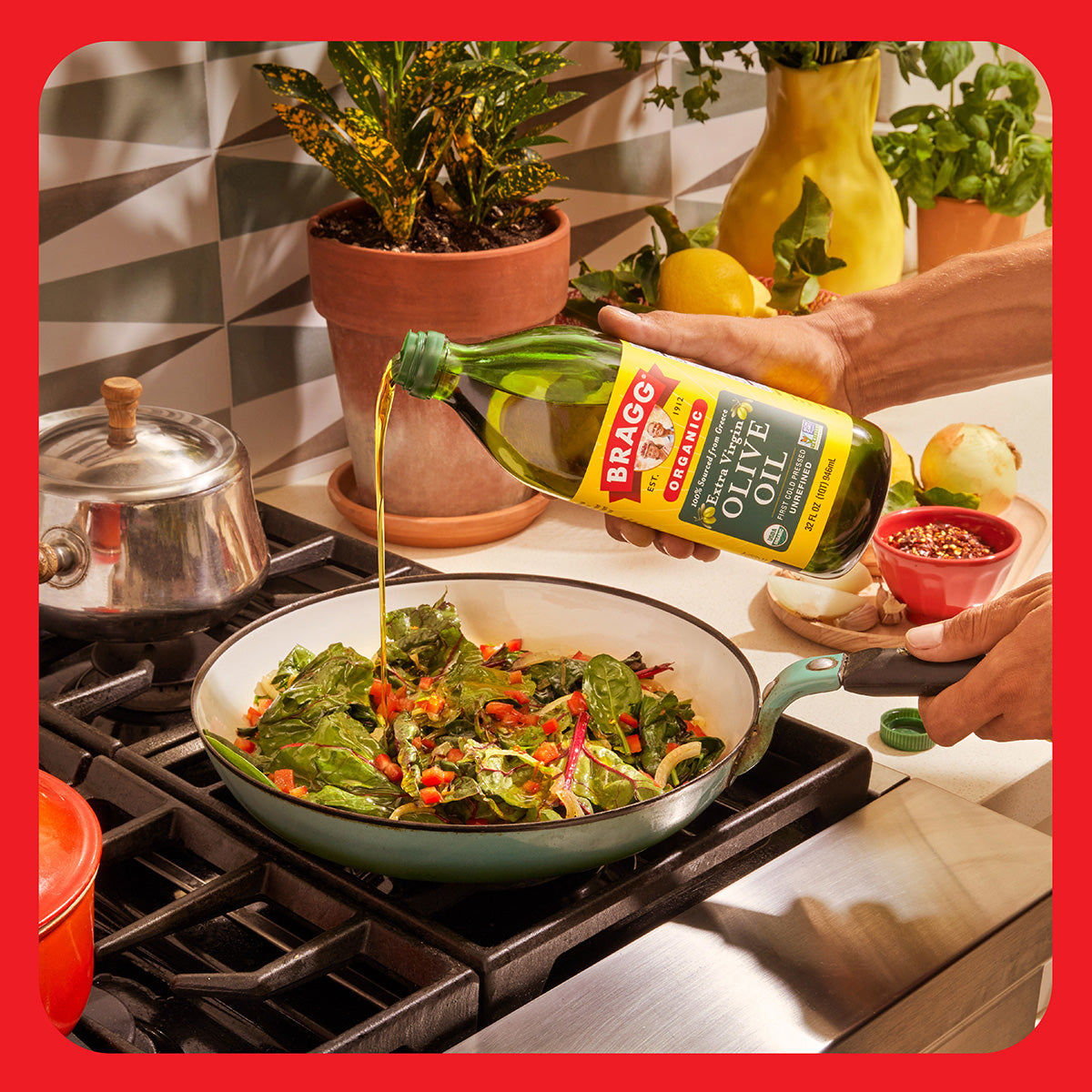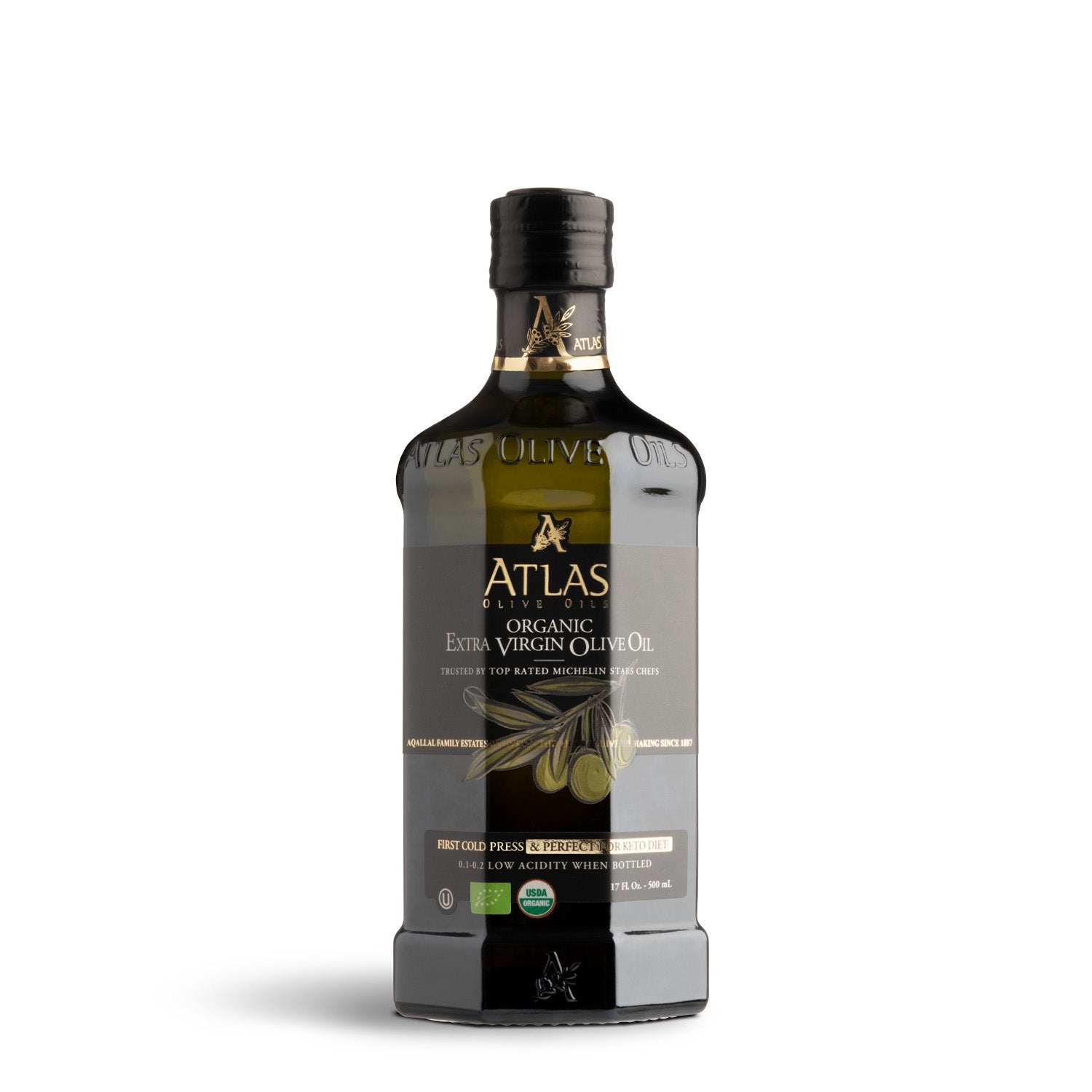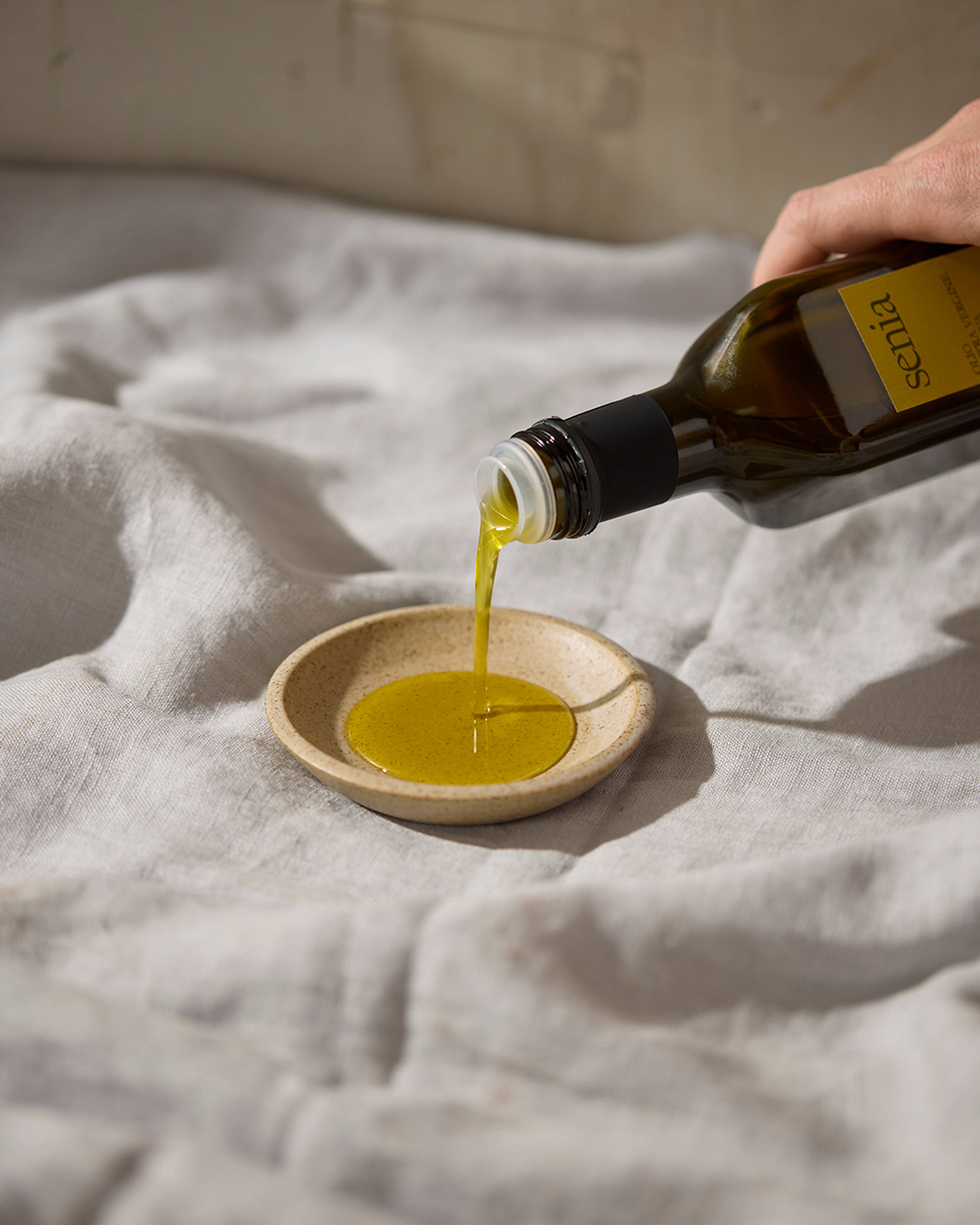Extra Virgin Olive Oil Benefits: A Delicious Way to Prevent Cognitive Decline
Wiki Article
Exploring the Different Kinds Of Olive Oil and Their Uses, Including Bonus Virgin Olive Oil
The exploration of olive oil includes a varied range of kinds, each offering culinary applications and unique tastes. Extra virgin olive oil, renowned for its remarkable top quality and health advantages, serves as a staple in numerous cooking areas, yet it is only one facet of this diverse active ingredient.What Is Olive Oil?
Originated from the fruit of the olive tree, olive oil is a staple in Mediterranean food and a key ingredient in different cooking applications. This versatile oil is produced by pushing entire olives, causing a fluid that varies in fragrance, taste, and color depending upon the kind of olives made use of, the region of cultivation, and the extraction process. Olive oil is primarily made up of monounsaturated fats, especially oleic acid, which is recognized for its possible wellness advantages, consisting of anti-inflammatory residential or commercial properties and cardiovascular support.In enhancement to its cooking uses, olive oil has a long history of application in conventional medicine and skincare, owing to its abundant antioxidant material (extra virgin olive oil benefits). The oil is commonly made use of in dressings, sauces, and for cooking techniques such as sautéing and roasting. Its unique taste account can improve the preference of different meals, making it a necessary component for both home cooks and expert chefs
Additionally, olive oil is celebrated for its duty in the Mediterranean diet regimen, which is related to many health and wellness benefits. As awareness of these advantages expands, olive oil proceeds to acquire popularity worldwide as a fundamental component of a healthy and balanced lifestyle.
Sorts Of Olive Oil
Recognizing the different kinds of olive oil is vital for both culinary fanatics and health-conscious consumers. Olive oil is identified mostly based on its removal method and top quality, which considerably influences its flavor, aroma, and health and wellness advantages.
Light olive oil, in spite of its name, refers to a lighter flavor and not reduced calories. It is suitable for those looking for a much more refined taste in dressings and sauces. Additionally, there are flavored olive oils instilled with herbs, spices, or citrus, which can enhance recipes without the demand for extra spices.
Each sort of olive oil offers certain culinary functions, and understanding these distinctions enables consumers to make enlightened options that align with their food preparation designs and health and wellness goals.
Bonus Virgin Olive Oil
Additional virgin olive oil (EVOO) is widely pertained to as the best olive oil available, popular for its rich taste and many health advantages. To be classified as added virgin, the oil should be generated from fresh olives utilizing mechanical processes, without the usage of solvents or extreme warmth. This careful method maintains the oil's all-natural tastes, antioxidants, and healthy and balanced fats, resulting in an item with a low level of acidity degree of less than 0.8%.EVOO is plentiful in monounsaturated fats, specifically oleic acid, which is linked to lowered inflammation and enhanced heart wellness. It additionally includes polyphenols, effective antioxidants that may supply protective impacts versus chronic conditions. The taste profile of EVOO can differ significantly depending upon the olive range and area of production, varying from grassy and fruity to robust and sharp.

Culinary Utilizes of Olive Oil

In cooking, olive oil can be utilized for sautéing, roasting, and grilling, offering a healthier alternative to butter or other fats. Its high smoke point makes it suitable for numerous cooking approaches, while its anti-oxidants add to a heart-healthy diet plan. Sprinkling olive oil over completed dishes, such as pasta, fish, or barbequed vegetables, can elevate flavors and include a touch of sophistication.
Additionally, olive oil plays a considerable function in baking, where it can replace traditional fats in recipes for bread and breads, giving wetness Going Here and a subtle preference. It additionally functions as a base for infused oils, allowing cooks to trying out tastes such as garlic, herbs, or chili, further increasing its cooking potential. Overall, olive oil's convenience makes it vital in both home and expert kitchens.
Choosing Quality Olive Oil
When picking high quality olive oil, it's important to consider numerous essential factors that affect the product's taste, health, and fragrance advantages. Decide for extra virgin olive oil (EVOO), which is obtained from the initial chilly pushing of olives and contains the greatest degrees of antioxidants and useful compounds. Try to find oils that are certified by acknowledged companies, as this often makes sure adherence to rigorous quality criteria.The packaging likewise plays a substantial duty in preserving the oil's stability. Pick oils saved in dark glass bottles or tins to safeguard versus light degradation. Focus on the harvest day; fresher oils supply superior flavor and nutritional worth, so pick items that are within 18 months of their harvest.
Be mindful of the taste; a great quality olive oil should have a balance of fruity, bitter, and sharp notes, showing its splendor and intricacy. By examining these elements, you can ensure you are choosing the ideal olive oil for your cooking requirements.
Conclusion
In recap, the exploration of numerous types of olive oil discloses distinct features and applications, with added virgin olive oil representing the peak of quality due to its reduced acidity and high antioxidant web content. Understanding the various varieties of olive oil enables for informed options in food preparation techniques, advertising healthier methods while improving the general gastronomic experience.Acquired from the fruit of the olive tree, olive oil is a staple in Mediterranean cuisine and a crucial component in numerous culinary applications.The most typical kinds of olive oil include fine-tuned olive oil, pure olive oil, and light olive oil.Bonus virgin olive oil hop over to these guys (EVOO) is widely related to as the highest possible quality olive oil readily available, well known for its rich flavor and countless health benefits. Decide for added virgin olive oil (EVOO), which is derived from the very first cool pressing of olives and includes the highest possible degrees of antioxidants and useful substances.In recap, the expedition of various types of olive oil discloses distinctive characteristics and applications, with additional virgin olive oil representing the great post to read pinnacle of top quality due to its reduced level of acidity and high antioxidant web content.
Report this wiki page